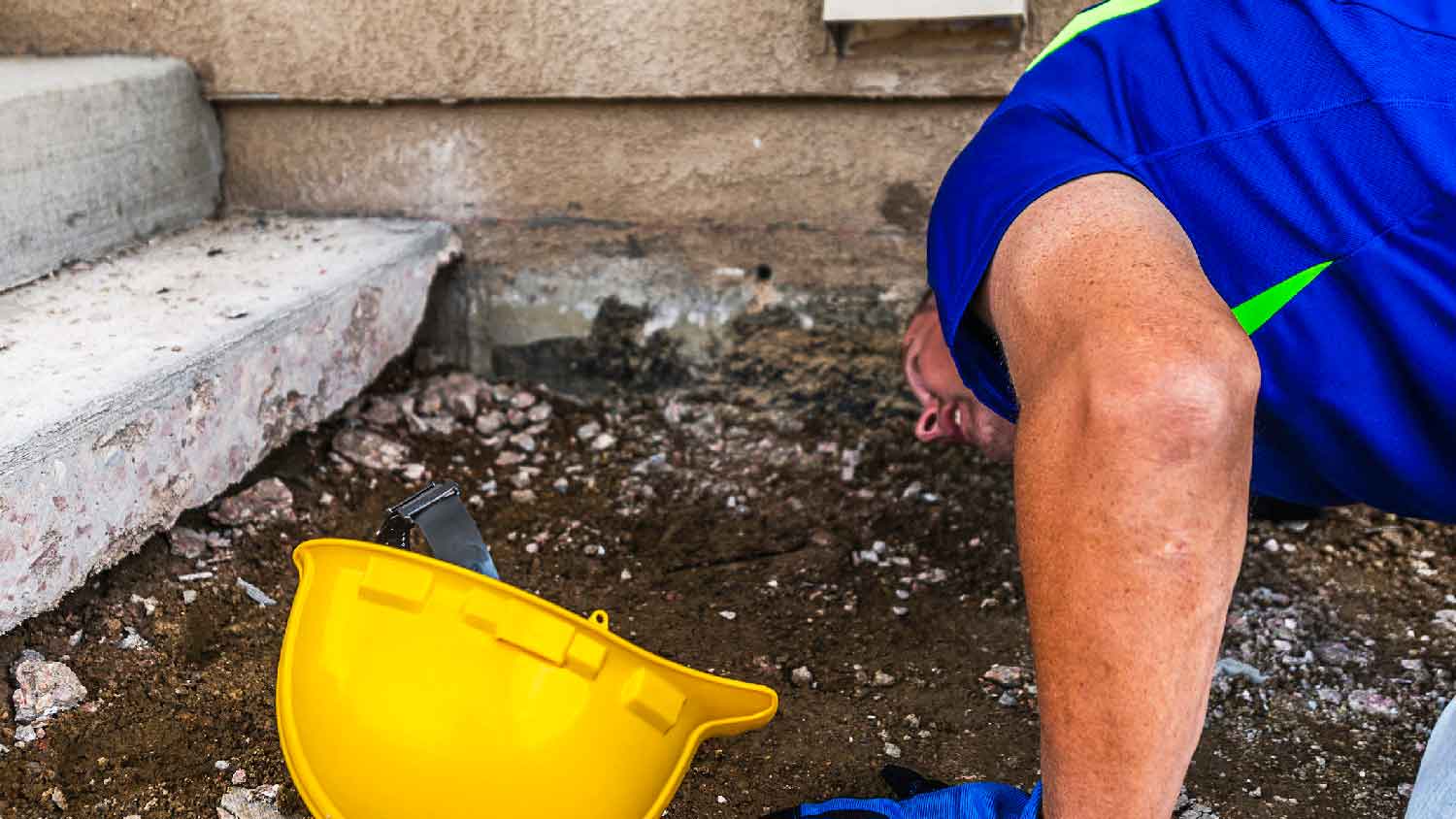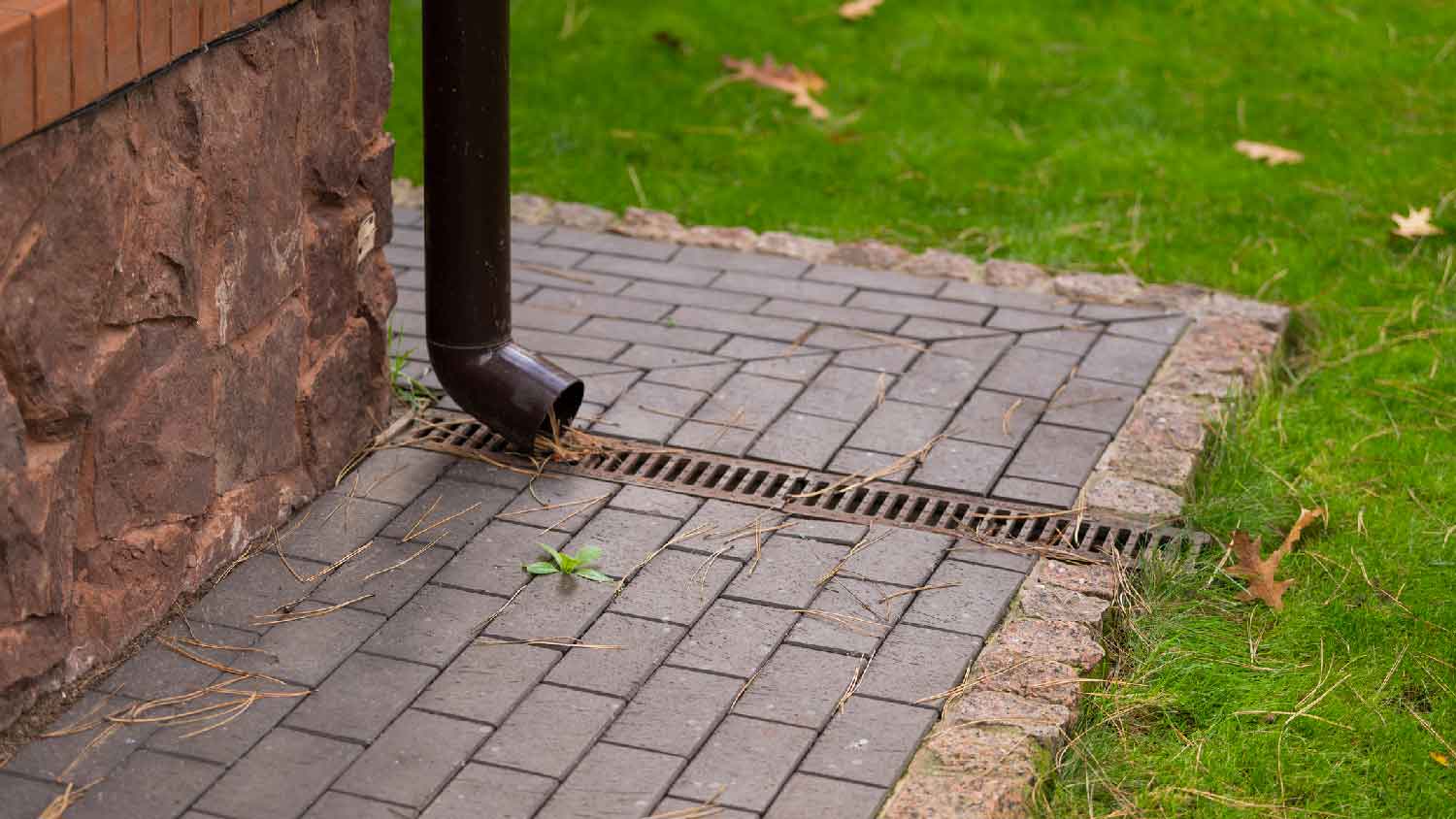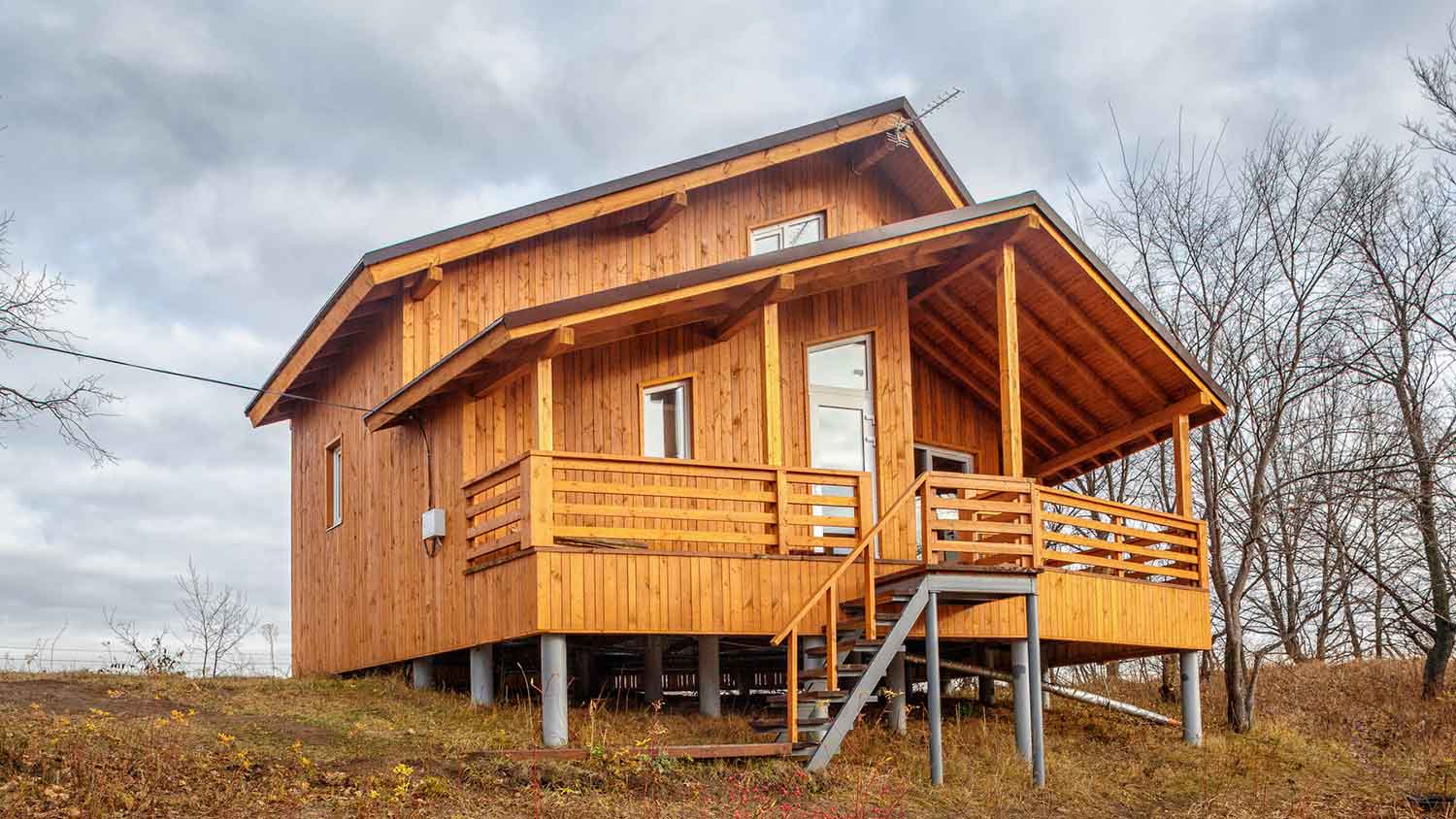8 Common Causes of Foundation Cracks
Take a crack at finding the cause of your foundation damage


Wide or deep foundation cracks can be a sign of serious foundation damage.
Foundation cracks can allow moisture into your home, causing flooding and damage.
Some types of small cracks are common and not cause for concern unless they widen or change.
Finding a crack in your home’s foundation can be a homeowner’s worst nightmare. Foundation cracks can have a number of different causes, and knowing why your foundation is cracked can help you determine the best way to fix the existing cracks and prevent new ones.
Use this guide to learn eight common causes of foundation cracks and what to do if you discover a crack in your foundation.
1. Settling
Once built, houses will settle into the soil due to the weight of the house and minor shifts in the ground underneath. This process usually happens evenly across the foundation, but in some cases, a house will settle unevenly. When one part of the house settles more than another, it can cause cracks in the foundation due to the difference in pressure.
All houses are expected to settle, and hairline cracks in the concrete are common and often not cause for concern. Wide or deep cracks—as well as other signs of uneven settling like cracks in the drywall, gaps between walls and the ceiling, and misaligned doors and windows—indicate a more serious problem you need to address.
2. Soil Erosion

Soil erosion under or around a foundation can cause the foundation to shift, creating cracks. Soil erosion can happen for various reasons, including poor soil compaction, extreme weather, and poor water absorption due to a lack of vegetation or topsoil.
Prevent soil erosion by keeping the ground around your foundation properly graded, following best practices for landscaping around the foundation, and installing retaining walls where necessary.
Hairline cracks under 1/18 inches are normal, but if you spot larger or deeper cracks, call a pro immediately. Cracks exceeding 1/4 inches are a sign of more serious structural damage and should be handled by a foundation pro.
3. Flooding
Water is a foundation’s worst enemy. Flooding can exert pressure from the water and soil against the foundation, creating cracks that then allow even more water to enter the foundation and further compromise its structural integrity. Flooding can also wash away the soil underneath the foundation, causing it to shift and crack.
After flooding, you may find water seeping through your basement floor or in your crawl space. It’s important to get rid of moisture in your basement or crawl space and around your foundation to prevent structural damage and mold growth.
4. Extreme Heat and Drought
Too much water can cause foundation cracks, but so can too little water. Extreme heat and extended dry conditions can dry out the soil under and around the foundation, causing it to compact and creating space for the foundation to sink into.
Extreme heat can also affect the concrete itself, causing it to expand during hot days and contract on cool nights. The swelling and shrinking compromises and cracks the concrete.
5. Poor Drainage

Inadequate drainage can cause many of the same problems as sudden flooding, only slower. If your gutter system, foundation grading, and other types of foundation drainage aren’t working properly, moisture will pool around your foundation, exerting pressure and potentially penetrating the concrete. This can lead to cracks in your basement floor or walls as well as foundation cracks.
6. Improper Construction
Some foundation cracks aren’t due to environmental factors or foundation age but are instead caused by poor foundation construction. Some construction issues that can lead to cracks include:
Inadequate soil preparation and compaction
Lack of soil testing
Improperly mixed concrete
Uneven footings or slabs
Poor quality materials
7. Tree Roots
Trees are great for providing shade, adding privacy, and contributing to the beauty of your landscape, but they can also cause serious foundation problems. Tree roots will grow in search of moisture, which can be found under and around your foundation. If tree roots remove moisture from the soil around your foundation, the soil will shift and compact, causing the foundation to move and crack.
Foundation damage from tree roots doesn’t just stop at soil compaction. Roots growing adjacent to the foundation can exert pressure on the concrete, cracking it. Once the foundation is cracked, the roots can grow into the cracks, further splitting the concrete.
8. Freezing Weather
Colder areas are prone to frost heaves when the ground freezes, which can crack your home’s foundation. Frost heaves occur when the ground freezes and expands. This expansion pushes against part of your foundation, creating cracks.
The freeze/thaw cycle can also contribute to foundation cracks. Concrete contains pockets of air from the mixing process, which can expand in freezing temperatures and contract during a thaw, which exerts pressure on the concrete from the inside out. Water can also freeze and thaw against the concrete’s surface, causing cracking or chipping.
What to Do if Your Foundation Is Cracked
If you discover cracks in your foundation, act quickly and call a structural engineer or foundation contractor near you to assess the problem. Some cracks aren’t cause for concern, but it’s best to get a professional’s opinion so you can make any necessary repairs and address the underlying cause before the cracks get worse.





- 11 Warning Signs of Foundation Issues
- Your Guide to Dealing With Foundation Drain Issues
- What a Foundation Inspection Is and How to Check Yours
- Foundation Cracks: What’s Normal and When to Worry
- How to Fix Foundation Cracks: Your Guide to Identifying and Repairing Cracks by Type
- 11 Foundation Maintenance Tips to Keep Your Home Standing Strong
- 20 Basement and Foundation Terms Every Homeowner Should Know
- 6 Sinking Foundation Signs and What to Do Next
- 10 Reasons You Really Shouldn't Delay Foundation Repairs
- 8 Tips to Avoid Foundation Repairs











